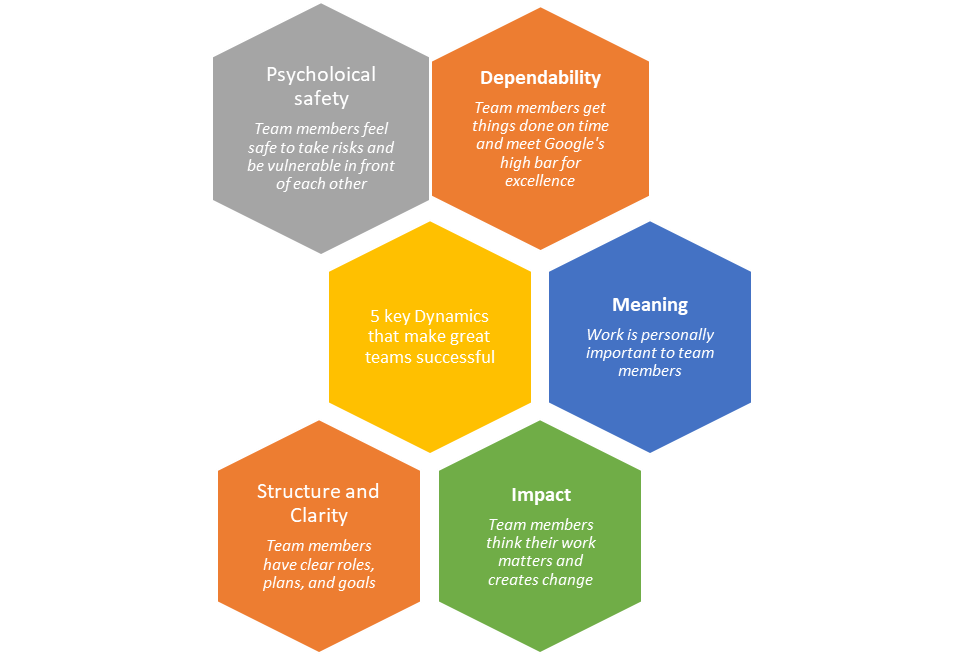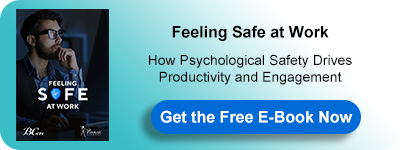Why Psychological Safety in the Workplace?Posted by Kim Hill on May 4th, 2023 “Do not ask too many questions! Make sure your manager believes 'you know it all'!" As an undergraduate student, in my senior year in college, I remember hearing phrases like these as our University Professors tried to coach us on how we should behave when we arrive at the workplace. I am sure this was not the first time my colleagues and I hear those phrases. As kids, we were usually taught not to bother teachers with questions and teachers would usually flatter those who carried themselves smoothly with minimal distractions. However, studies have proven that the culture our educational institutions and business organizations have been adopting, where people are afraid to express themselves freely is UNSAFE! Therefore, it has become an important goal within organizations to create an environment where employees not only feel safe physically as well as psychologically. Dr. Amy Edmondson, a professor at Harvard Business School, uses the term "psychological safety" and defines it as "a climate in which people are comfortable being (and expressing) themselves." Edmondson has confirmed that psychological safety predicts quality improvements, learning behavior, and productivity. The Importance of Psychological Safety Much of the work done at Google, and in many organizations, is done collaboratively by teams. The team is the molecular unit where real production happens, where innovative ideas are conceived and tested, and where employees experience most of their work. But it’s also where interpersonal issues, ill-suited skill sets, and unclear group goals can hinder productivity and cause friction. Following the success of Google’s Project Oxygen research where the People Analytics team studied what makes a great manager, Google researchers applied a similar method to discover the secrets of effective teams at Google. Code-named Project Aristotle - a tribute to Aristotle’s quote, "the whole is greater than the sum of its parts" (as the Google researchers believed employees can do more working together than alone) - the goal was to answer the question: “What makes a team effective at Google?” Based on the findings of “Project Aristotle”, Google developed a list of the 5 key dynamics that make great teams successful: psychological safety, dependability, structure and clarity, meaning, and impact. The figure below describes each dynamic briefly.
1https://www.gallup.com/workplace/236198/create-culture-psychological-safety.aspx For more about this topic, download our latest book "Feeling Safe at Work" for FREE: Like it? Share it!More by this author |




